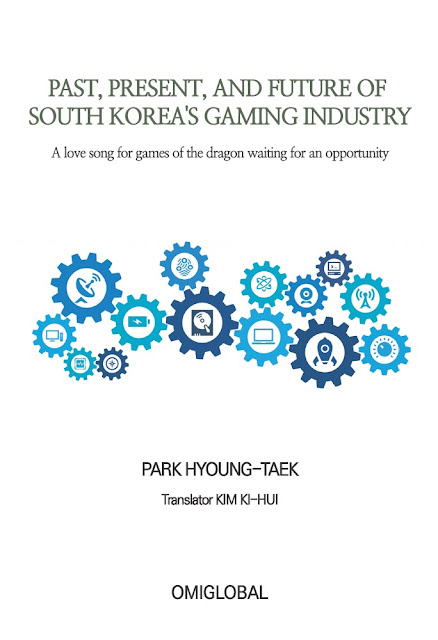泥中蟠龍's Game愛歌 Should keep net neutrality alive? Part 03
이중반룡의 게임애가
泥中蟠龍‘s Game愛歌
[A love song for games of the dragon waiting for an opportunity]
Should keep net neutrality alive? Part 03
August. 15. 2018.
I talked about the dictionary definition of net neutrality, the characteristics as public goods, and the problem with zero rating in Part 02. Lastly, I'd like to take a look at why net neutrality should be kept alive.
Let's look back on the past. The telephone companies were heavily against the implementation of mVoIP, mobile Voice over Internet Protocol, in 2012. They insisted that the new service would pull down their profits and deter new investment. Anonymous people, called experts in the media, claimed that the net neutrality repeal will guarantee quality for network service and protect subscribers' interests in the long term. They also said that it is finding balance between the telephone companies and Internet content providers and protecting the rights of users who want better service even if they pay more. Furthermore, they insisted that the property rights of the networks must be protected as private property because telecommunications operators built the networks. This is the same with the argument over privatizing health care a few years ago and many state-owned enterprises which already moved from the public sector into the private sector. SK Telecom, who recently proclaimed that there is no money to invest in facility for 5G due to net neutrality, reached over W17 trillion in sales and over W1.5 trillion in operating profits in 2017. KT reported over W23 trillion in revenue and its operating profits reached over W1.3 trillion. LG+U' made W12 trillion in sales and over W800 billion in operating profits. They've never been unprofitable in recent years. Their profits are from W1 trillion to over W17 trillion. Aside from spending trillions of won on the new facilities, the companies earned the decent profits. I want them to be rather more straightforward to make more money like scum bag who forcefully take money from someone instead of walking on eggshells about fee hikes while the network service providers grow and prosper.
Frequency is a limited public good. It is nonsense to say that it is privately-owned property despite huge profits from assigned frequency. This parallels with an owner of private highway on the state-owned land reaped enormous profits asking for the most popular tourist destinations to pay extra money as many as numbers of visitors because they improved profits thanks to the travelers used the highway. Furthermore, the highway owner threatens to block traffic with lane restriction to the destinations if they don't pay extra charge. Better service for premium users paying more means that there will be a premium rate-only lane in the highway while discriminating people paying lower rates. It's no different from Korail, Korea Railroad Corporation, expects Busan City Government to pay congestion fees for passengers of KTX, Korea Train eXpress, during G-Star, an annual trade show for the computer and video games industry in South Korea. It's high-handed conduct of Internet service providers to instigate the rich become richer and the poor become poorer in modern society in which communications became an everyday item and the reason why we should keep net neutrality alive. If Internet service providers feel like they are philanthropists and don't have enough cash to invest, give up the rights to use frequencies and sell the companies. I want to take over, if only they are willing to sell.
※ This is from Kyunghyang Games column by 泥中蟠龍 since September 2013.
(http://www.khgames.co.kr)
Translation by Kim Ki-hui

